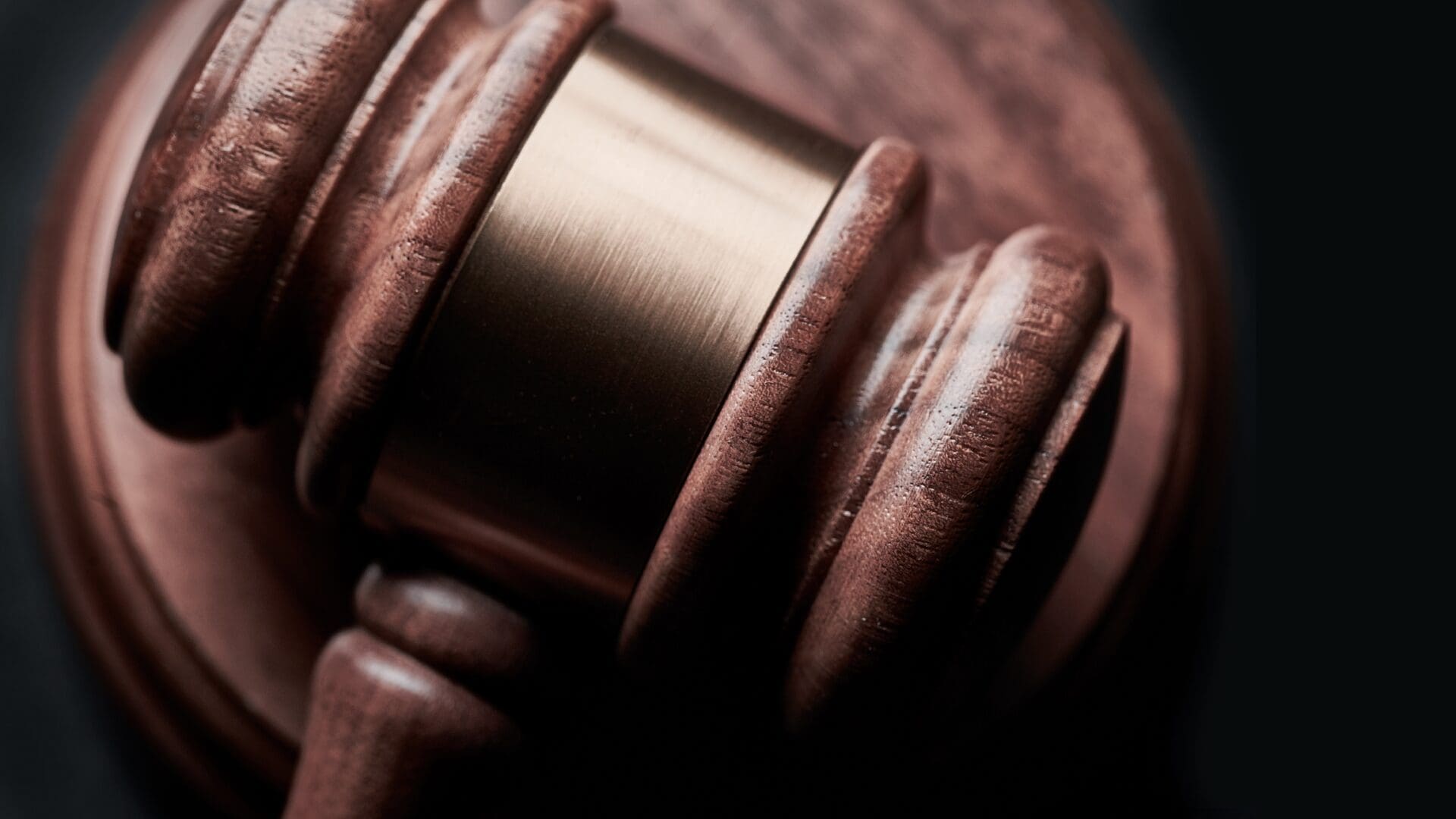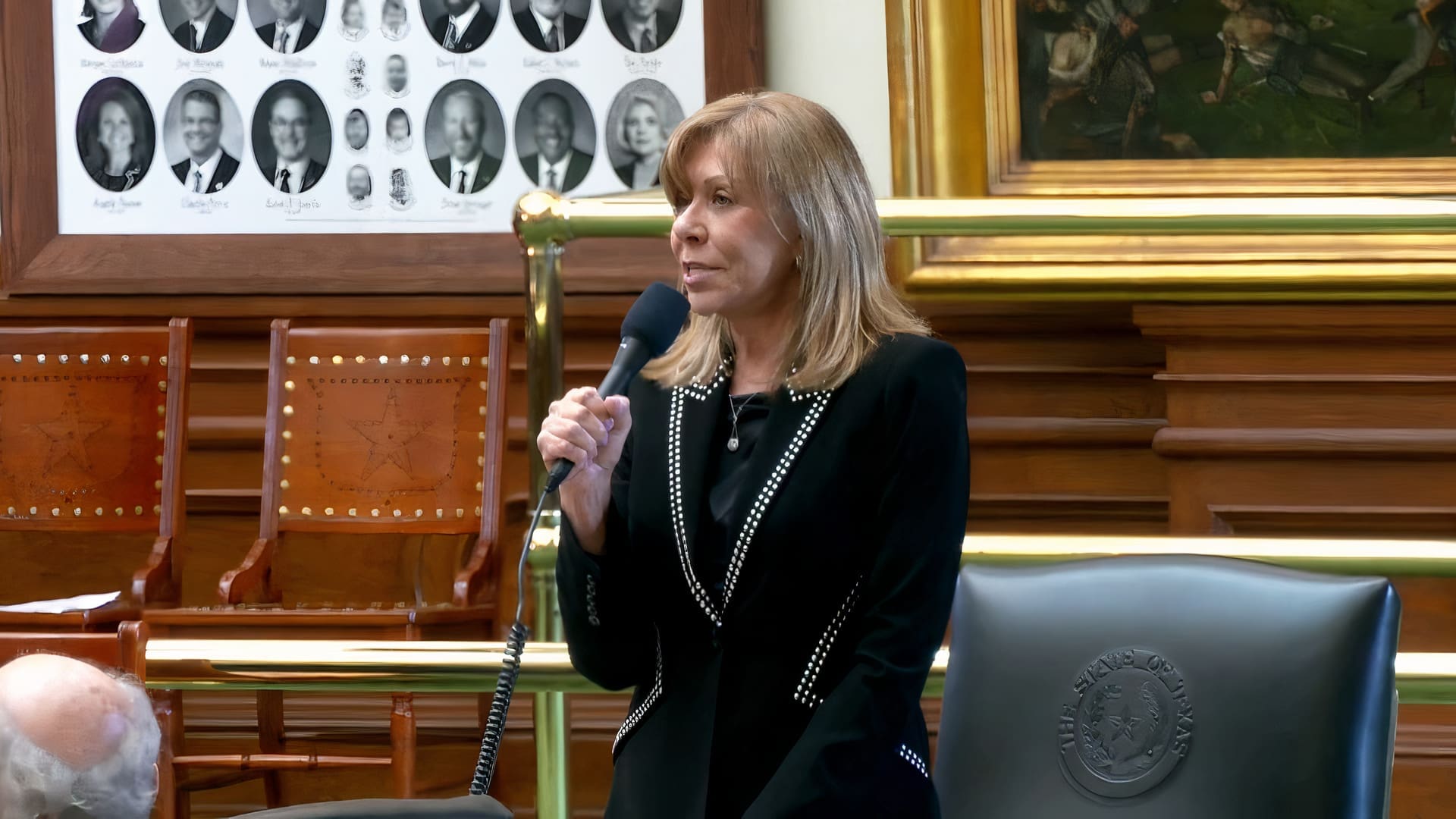Adjustments to a measure proposed in the Texas Legislature that strips citizens’ protections against frivolous defamation lawsuits would still hurt Texans, according to some free speech advocates.
Senate Bill 336, backed by the influential lobby group Texans for Lawsuit Reform, was filed by State Sen. Bryan Hughes (R-Mineola).
The original measure would strip Texas’ anti-SLAPP (strategic lawsuits against public participation) statutes, otherwise known as the Texas Citizens Participation Act.
SLAPP lawsuits are typically aimed at silencing critics or opponents who speak out, often through defamation, slander, and libel claims. Anti-SLAPP laws protect individuals from lawsuits intended to silence their free speech or public participation.
While a floated committee substitute to the measure would still cut into the anti-SLAPP protections for citizens, the new version would include exceptions for members of the “electronic or print media.”
The effort is likely an attempt to dissuade opposition to SB 336 and its companion legislation, House Bill 2459 by State Rep. Jeff Leach (R-Allen), from media outlets and their advocacy organizations.
One of the largest media advocacy groups, the Reporters Committee for Freedom of the Press, released a study last week debunking SB 336 supporters’ claims that the TCPA prioritizes legacy media over citizens.
The study found that across five appellate districts in Texas from 2011 through 2023, individuals brought an estimated 53 percent of TCPA claims, businesses and organizations were responsible for about 37 percent, and media defendants accounted for only 10.5 percent.
“As our analysis shows, individual Texans rely on its protections the most—by a fair margin,” concluded the study. “Far from being a tool of powerful out-of-state interests, this law directly promotes the free speech and free press rights of the Lone Star state’s residents.”
Tony McDonald, a Fort Worth attorney specializing in First Amendment cases, has been fighting to maintain the state’s anti-SLAPP protections.
He observed that TLR’s proposed carveout for media would actually complicate cases further, creating litigation on top of litigation to determine which defendants and media activities meet qualifying criteria.
“TLR’s bill would take the ‘Citizens’ out of the Texas Citizens Participation Act,” said McDonald. “In an age where every citizen can be a journalist just by logging on and reporting about what is happening in their local communities, creating a special carveout for institutional media companies is a non-starter.”
“For a group that is supposed to be about eliminating lawsuit abuse and unclogging Texas courts, it’s hard to imagine a more sloppy change to the law than this,” he added.
Still, it is no secret that the media have benefited from the TCPA to some extent.
Fox News successfully defended itself in a lawsuit last year against a plaintiff who accused the network of incorrectly publishing his photograph in connection with the Allen Outlet Mall shooting.
One day before a hearing on the TCPA motion brought by Fox News, the plaintiff dismissed the case and compensated the network for having to defend itself against the claim.
The most recent Republican Party of Texas platform, approved in 2024, includes language explicitly supporting the effort to keep the TCPA “intact and preserve its broad scope and essential protections.”
Texas Scorecard contacted TLR for comment but did not receive a response before publication.





